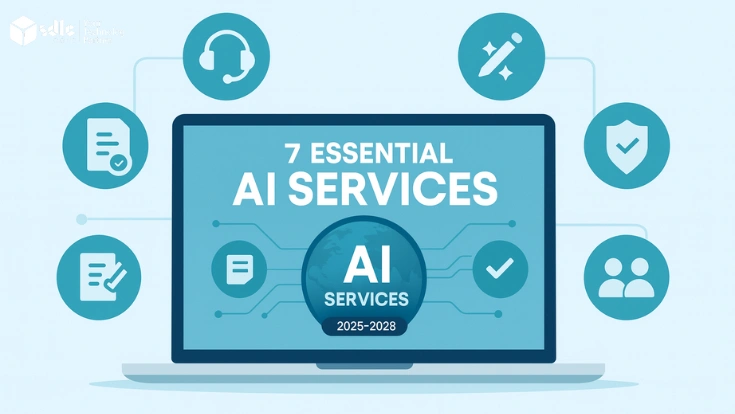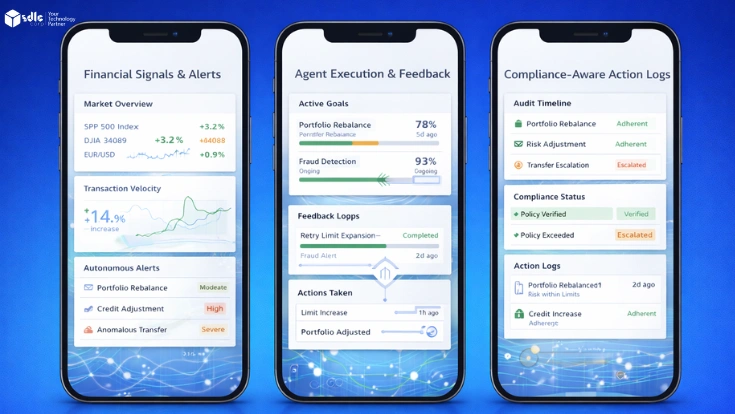Introduction
The insurance industry is undergoing a massive transformation, and at the center of this shift lies AI in insurance. From claims processing to fraud detection, artificial intelligence for insurance companies is reshaping traditional practices. Customers now expect faster responses, personalized services, and transparent processes. With AI-driven insurance solutions, insurers can meet these expectations while reducing costs and improving accuracy. As technology evolves, the role of machine learning in insurance continues to grow, creating smarter and more efficient operations.
1. The Rise of AI in Insurance

The adoption of AI in insurance is not just a trend; it is becoming a necessity. Insurers worldwide are integrating artificial intelligence tools to respond to increasing customer demands and competitive pressures. This transformation is creating opportunities for efficiency, accuracy, and innovation that traditional methods could never achieve.
Growing Demand for Smarter Solutions
Policyholders want faster claim settlements and tailored coverage options. By using machine learning in insurance, companies can analyze massive amounts of data in real time. This allows insurers to predict risks more accurately, personalize pricing, and deliver services with greater speed.
Market Drivers Behind Adoption
Rising fraud, growing data volumes, and the need for automation are driving AI adoption. Insurance leaders understand that AI-driven insurance solutions not only improve profitability but also build stronger customer trust. This evolution highlights the shift from reactive services to proactive, data-powered strategies.
Core AI Capabilities Supporting Law Firms
AI systems in legal practice commonly support tasks like legal research, due diligence, and document review. These solutions are typically built on structured pipelines offered through AI development services, enabling consistent outputs and controlled access to confidential data.
2. AI in Insurance Claims Processing

Claims management has always been a critical touchpoint in the insurance industry. With the arrival of AI in insurance claims, this process is becoming faster, more transparent, and highly customer-focused. By automating repetitive tasks, insurers save time while improving accuracy and consistency.
Speed and Efficiency with AI in Insurance Claims
Traditional claim handling often involved lengthy paperwork and manual verification. Now, AI-driven insurance solutions use image recognition, natural language processing, and data analysis to verify claims almost instantly. Customers benefit from quick resolutions, while insurers reduce administrative costs.
Fraud Prevention and Accuracy Through Machine Learning in Insurance
Human oversight can sometimes lead to delays or mistakes. By applying machine learning in insurance, errors are minimized and fraud detection is strengthened. Automated systems flag suspicious activities early, ensuring only genuine claims move forward. This builds confidence among policyholders and reinforces the reliability of insurers.
3. Risk Assessment with Machine Learning in Insurance

Risk evaluation has always been at the heart of the insurance industry, but traditional models often relied on outdated methods. With the arrival of machine learning in insurance, risk assessment is now more accurate, data-driven, and customer-focused. By analyzing diverse datasets, insurers can identify potential risks earlier and design policies tailored to individual needs.
Personalized Premiums Through Machine Learning in Insurance
Instead of applying generic pricing models, insurers use machine learning algorithms to assess driving behavior, lifestyle habits, or health records. This helps them create personalized premiums, rewarding low-risk customers with fair pricing.
Accurate Risk Predictions with AI-Driven Insurance Solutions
AI-powered tools can evaluate thousands of variables in real time. From telematics data in auto insurance to wearable devices in health plans, AI in insurance risk assessment enables more precise predictions. This not only reduces claim probabilities but also strengthens policyholder trust.
4. Fraud Detection Using AI in Insurance

Fraudulent claims remain one of the most costly challenges in the insurance industry. Fortunately, AI in insurance fraud detection provides advanced tools to identify suspicious patterns and protect both insurers and customers. By leveraging large-scale data analysis, insurers can flag irregularities that might go unnoticed with manual methods.
AI-Powered Fraud Detection Systems in Insurance
Unlike traditional rule-based approaches, AI-driven insurance solutions use machine learning models that evolve continuously. These systems learn from new claim data, detecting unusual activities such as exaggerated damages or repeated claims with greater accuracy.
Machine Learning in Insurance Fraud Prevention
By applying machine learning in insurance, companies can analyze thousands of data points across customer behavior, transaction history, and external sources. This ensures fraud is caught earlier, saving money while maintaining fairness for genuine policyholders. In turn, trust in the insurer grows stronger as fraud is effectively reduced.
5. AI in Insurance Customer Experience

Modern policyholders expect more than just competitive premiums; they want convenience, speed, and personalization. That’s why AI in insurance customer experience is becoming a game-changer. With tools like chatbots, virtual assistants, and predictive analytics, insurers can now deliver seamless, 24/7 support while building stronger customer relationships.
AI-Powered Chatbots in Insurance Services
AI chatbots can answer queries, guide users through policy options, and even assist in filing claims. By using AI-driven insurance solutions, companies reduce waiting times and provide instant responses, improving customer satisfaction significantly.
Personalized Recommendations with Machine Learning in Insurance
Through machine learning in insurance, companies analyze customer data to predict needs and suggest relevant products. For example, a health policyholder might receive recommendations for wellness coverage. These tailored offerings ensure customers feel valued, boosting loyalty and engagement with the brand.
6. Predictive Analytics in AI Insurance Solutions
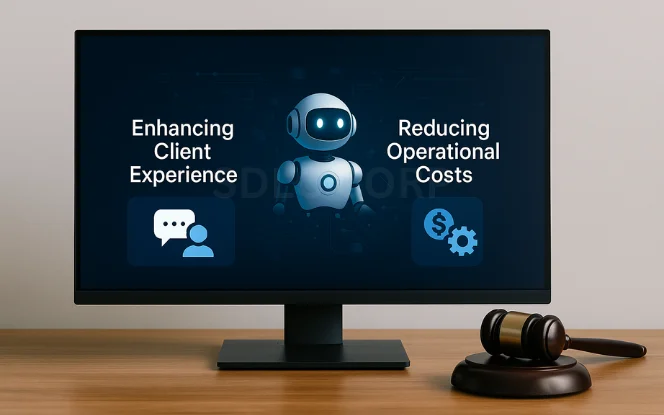
Predicting risks and customer behavior has always been vital in insurance. With the integration of predictive analytics in AI insurance solutions, insurers can now anticipate outcomes more precisely and act proactively. This shift not only improves profitability but also enhances customer trust through tailored offerings.
Forecasting Risks with AI-Driven Predictive Analytics
By leveraging AI in insurance, companies analyze patterns from big data, market trends, and historical claims. This enables them to forecast potential risks more accurately, helping underwriters design policies that balance affordability with security.
Designing Tailored Insurance Products with Machine Learning
Through machine learning in insurance, predictive models identify customer preferences and lifestyle patterns. Insurers can then create personalized products—such as usage-based auto insurance or wellness-focused health plans—designed to meet individual needs. As a result, policies become more relevant, and customer satisfaction continues to rise.
7. Real-Life Case Studies of AI in Insurance
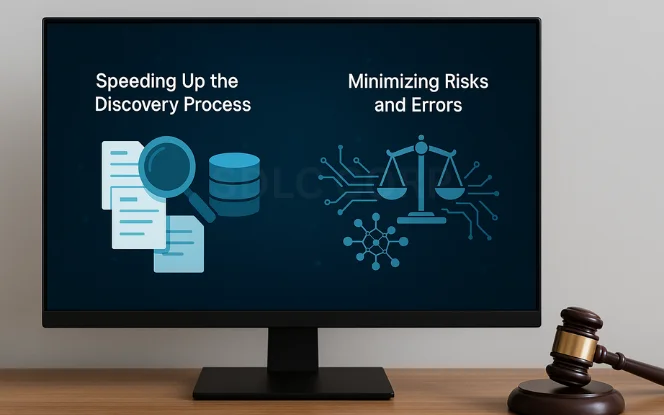
The real value of AI in insurance becomes clear when we see how leading companies apply it in practice. These case studies highlight how AI-driven insurance solutions are transforming operations and customer service.
Lemonade and AI-Powered Claims Processing
Lemonade uses artificial intelligence in insurance operations to automate claims handling. Its AI chatbots can approve simple claims within minutes, reducing human involvement while improving transparency and customer trust.
Progressive and Machine Learning in Risk Assessment
Progressive leverages machine learning in insurance through telematics data. By analyzing driving behavior, it calculates personalized premiums. Safe drivers enjoy lower costs, while the insurer reduces overall claim risk.
8. Robotic Process Automation (RPA) in AI Insurance
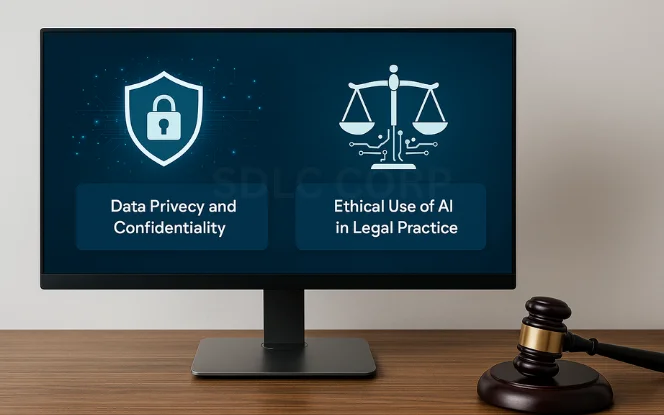
Repetitive and manual tasks often slow down insurers, increasing costs and delaying services. By combining RPA and AI in insurance, companies automate routine processes while freeing employees to focus on strategic work. This balance creates faster workflows, higher accuracy, and improved customer experiences.
Automating Repetitive Tasks with AI-Driven Insurance Solutions
Robotic Process Automation in insurance handles document verification, policy renewals, and data entry seamlessly. When integrated with AI, these systems learn over time, adapting to exceptions and reducing human errors.
Cost Reduction and Efficiency Through RPA in Insurance
With AI insurance automation, insurers minimize operational costs by streamlining back-office processes. At the same time, customer-facing services—like claims status updates—become faster and more reliable, strengthening trust between insurers and policyholders.
9. Challenges of Implementing AI in Insurance
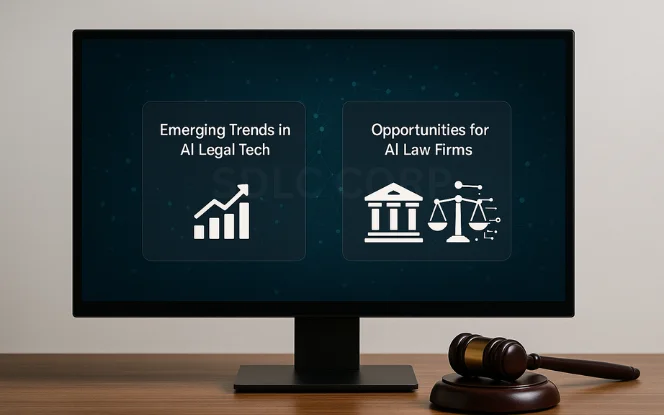
While the benefits of AI in insurance are undeniable, implementation is not without hurdles. Insurance companies face technical, regulatory, and ethical issues that must be carefully addressed to ensure successful adoption of AI-driven insurance solutions.
Data Privacy and Compliance in AI Insurance Solutions
Handling sensitive customer data raises concerns about security and compliance. Regulations like GDPR require insurers to manage data responsibly. Any misuse could damage customer trust and slow down the adoption of artificial intelligence in insurance.
Integration and Ethical Challenges with Machine Learning in Insurance
Legacy systems often struggle to integrate with modern machine learning in insurance platforms. Additionally, ethical concerns—such as algorithmic bias in premium calculations—must be monitored. Insurers need transparent practices to ensure fairness and maintain credibility.
Enterprise-Scale AI for Large Law Firms
Large firms often require AI systems that integrate across departments, jurisdictions, and practice areas. Frameworks developed by an enterprise AI development company can support role-based access, system interoperability, and centralised governance.

10. Regional Compliance and AI Standards
Legal AI systems must align with jurisdiction-specific regulations. Firms operating in North America often rely on AI development services in the US to ensure compliance with local data protection and legal standards.
11. Conclusion
The role of artificial intelligence in insurance is rapidly expanding, transforming claims processing, fraud detection, and customer experience. With machine learning in insurance, companies can assess risks more accurately and design personalized policies. Although challenges like compliance and integration exist, the advantages of AI-driven insurance solutions are undeniable. Insurers adopting AI today gain efficiency, trust, and competitiveness. The future of insurance will be data-driven, customer-focused, and powered by intelligent technologies that deliver long-term value.
FAQs
What is AI in insurance?
AI in insurance refers to the use of artificial intelligence technologies—like machine learning, predictive analytics, and chatbots—to improve claims processing, fraud detection, risk assessment, and customer experience.
How does AI help in fraud detection?
By analyzing large datasets, AI-driven insurance solutions identify unusual patterns and flag suspicious claims, making fraud prevention faster and more accurate.
Is customer data safe with AI in insurance?
Yes. Reputable insurers using artificial intelligence in insurance follow strict compliance standards like GDPR to protect sensitive customer data.
Will AI replace insurance agents?
AI will not replace agents entirely; instead, it supports them by automating repetitive tasks, enabling agents to focus on personalized customer service.
What are the future trends of AI in insurance?
Future trends include advanced machine learning in insurance risk modeling, AI-powered predictive analytics, automated claims, and personalized policy recommendations.


